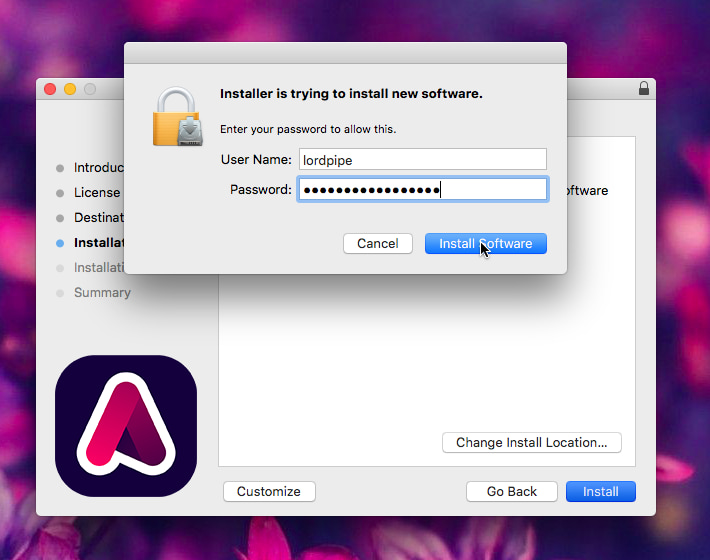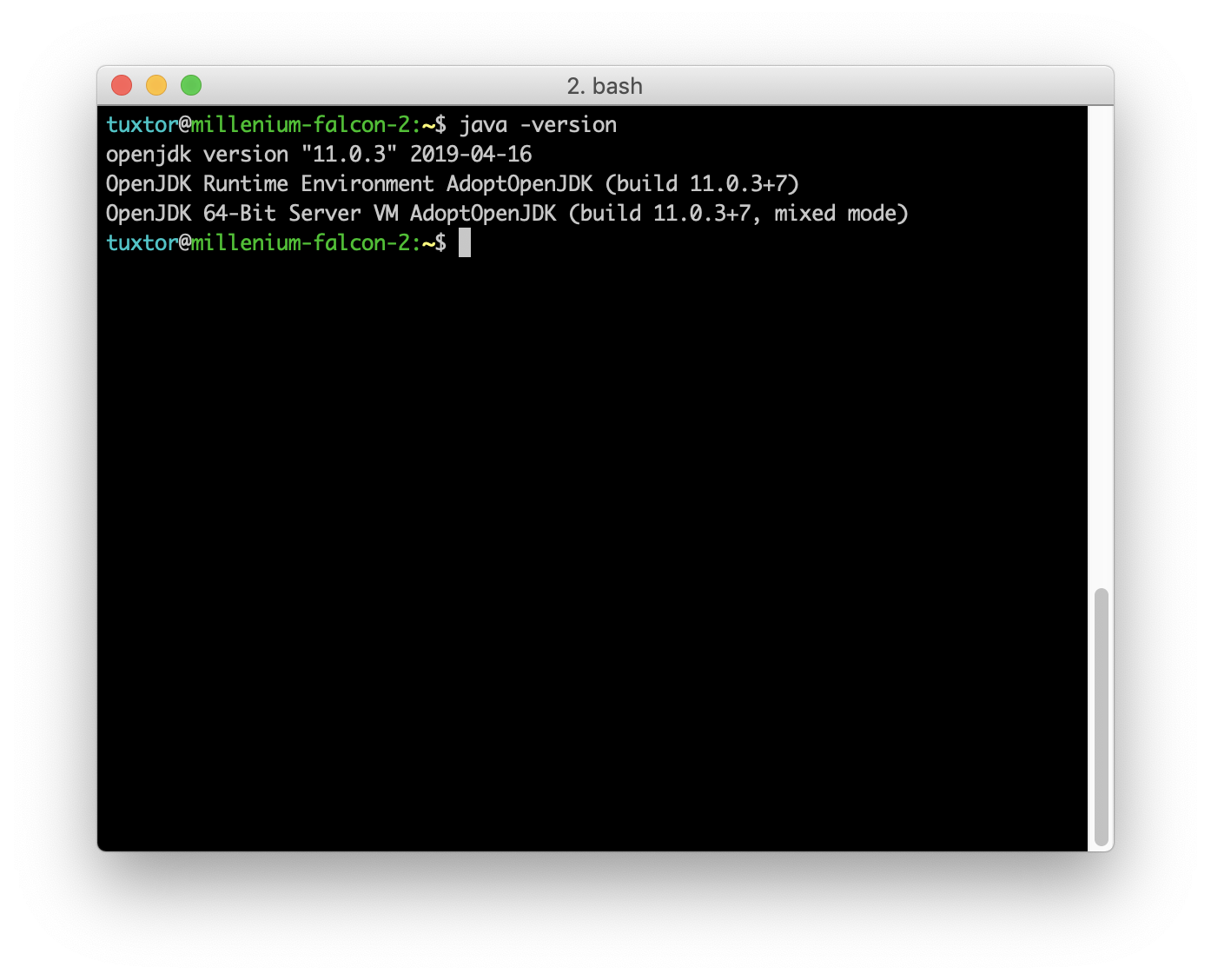

- #OPENJDK 8 MAC HOW TO#
- #OPENJDK 8 MAC INSTALL#
- #OPENJDK 8 MAC CODE#
- #OPENJDK 8 MAC LICENSE#
- #OPENJDK 8 MAC DOWNLOAD#

For example, when the test writes to a Parquet/ Avro file, it fails. But I noticed that certain tests started failing after the switch. And I started using the Azul JDK for my development workflow.
#OPENJDK 8 MAC CODE#
Especially when some Java code needs to call C++ code.įor example, I am a big data developer. I just wanted to say that, while the Azul JDK works natively on Apple M1 and its speed is great, there are still issues.
#OPENJDK 8 MAC INSTALL#
| | 18.ea.3 | open | | 18.ea.3-openĬhoose one and install it using the command sdk install java IDENTIFIER, i.e.: Vendor | Use | Version | Dist | Status | IdentifierĪzul Zulu | | 16.0.1 | zulu | | 16.0.1-zuluīellSoft | | 16.0.1 | librca | | 16.0.1-librca

Set sdkman_rosetta2_compatible=false (see sdkman config)Īfter that, you will see a list of compatible with M1 JDKs: sdk list java You can install the Java JDK using sdkman (see sdkman install): vim. Note that Microsoft's been working on the OpenJDK branch of AArch64 (for ARM-based Windows 10) for a while, which goes back to: A lot of the hard work was already done.
#OPENJDK 8 MAC LICENSE#
So: It's not there yet, but note that JDKs for ARM have been available for more than decade, and whilst JDK 15 has dropped support for a bunch of exotic OS/architecture combinations (such as Solaris), ARM development has always remained at least partially relevant (even if so far it's mostly an Oracle commercial license offering). That (probably) won't run on macOS on M1 hardware, but that's 95% of the work already done. If you instead leave Operation System on 'any', you'll note aarch64 is in there, and this gets you to a Linux release for ARM processors. Possibly, as Apple no doubt has a bunch of extensions built into their M1 designs, and Apple gets its own. And you can switch them anytime easily.On this page: AdoptOpenJDK Latest Releases you can select 'macOS' from the 'Operating System' dropdown, and then from 'Architecture', it's currently only 圆4, but soonish there should be AArch64 or ARM64 (those are usually the shortcodes for 64-bit ARM). If you need use the different versions of Java in the same machine, you can install the different versions of Java, like Java 8 and Java 17.
#OPENJDK 8 MAC HOW TO#
How to switch between different versions of Java Open a terminal, execute the following command: 1
#OPENJDK 8 MAC DOWNLOAD#
If you download the dmg package the installation is quite simple - Double click on Zulu.dmg file and on the popup click on “Double-Click to install Zulu X.x.x.x and follow the installation. You will get links to download the setup as zip/dmg/tar.gz format - download anyone you prefer. So, let’s download the installation package firstly. Download Native Java JDKīase on openJDK, azul provide the M1 native version of JDK. If you are using M1 Macbook or Mac mini computer, you must have noticed that Java from Oracle is not yet build for M1 Silicon chip yet! It only make use of Rosetta 2, you would see that the performance will take a hit.


 0 kommentar(er)
0 kommentar(er)
